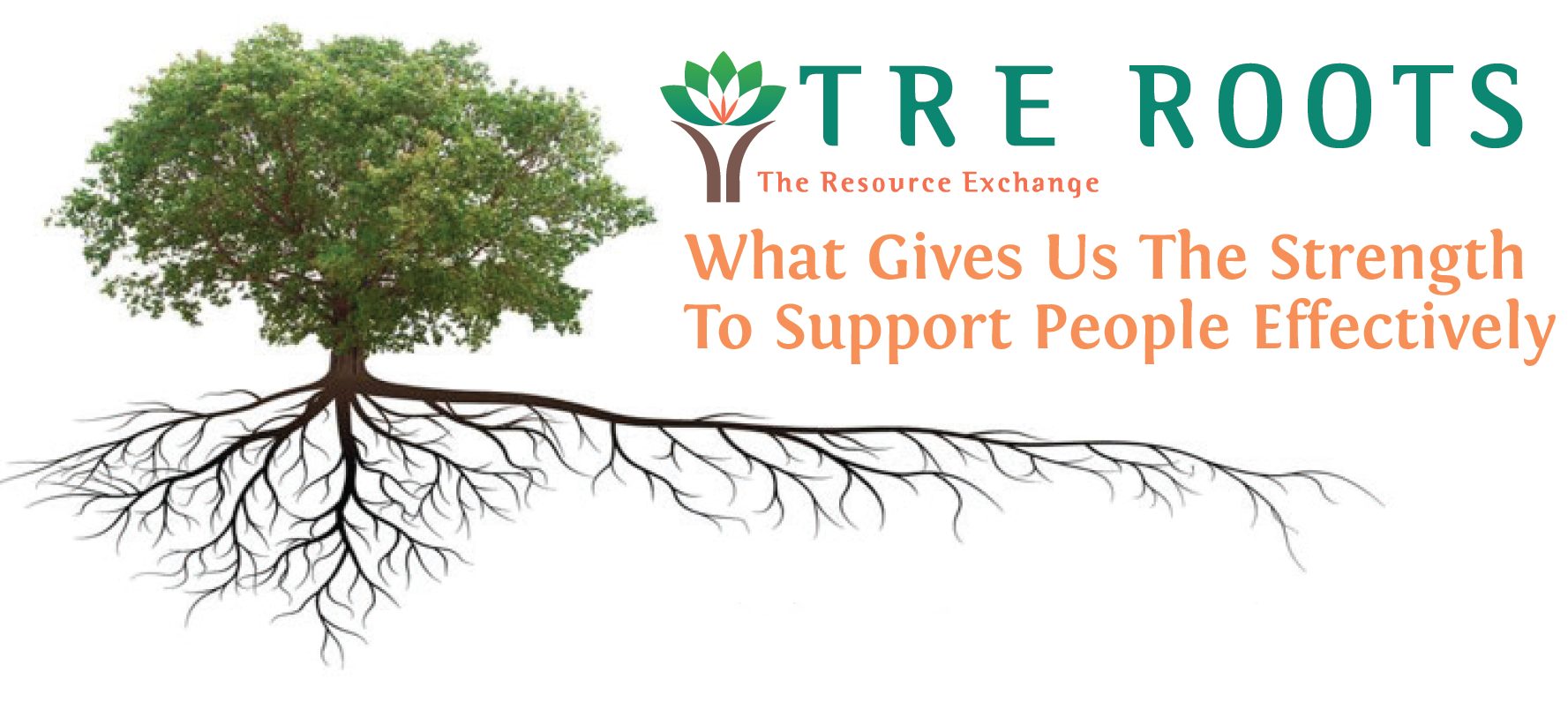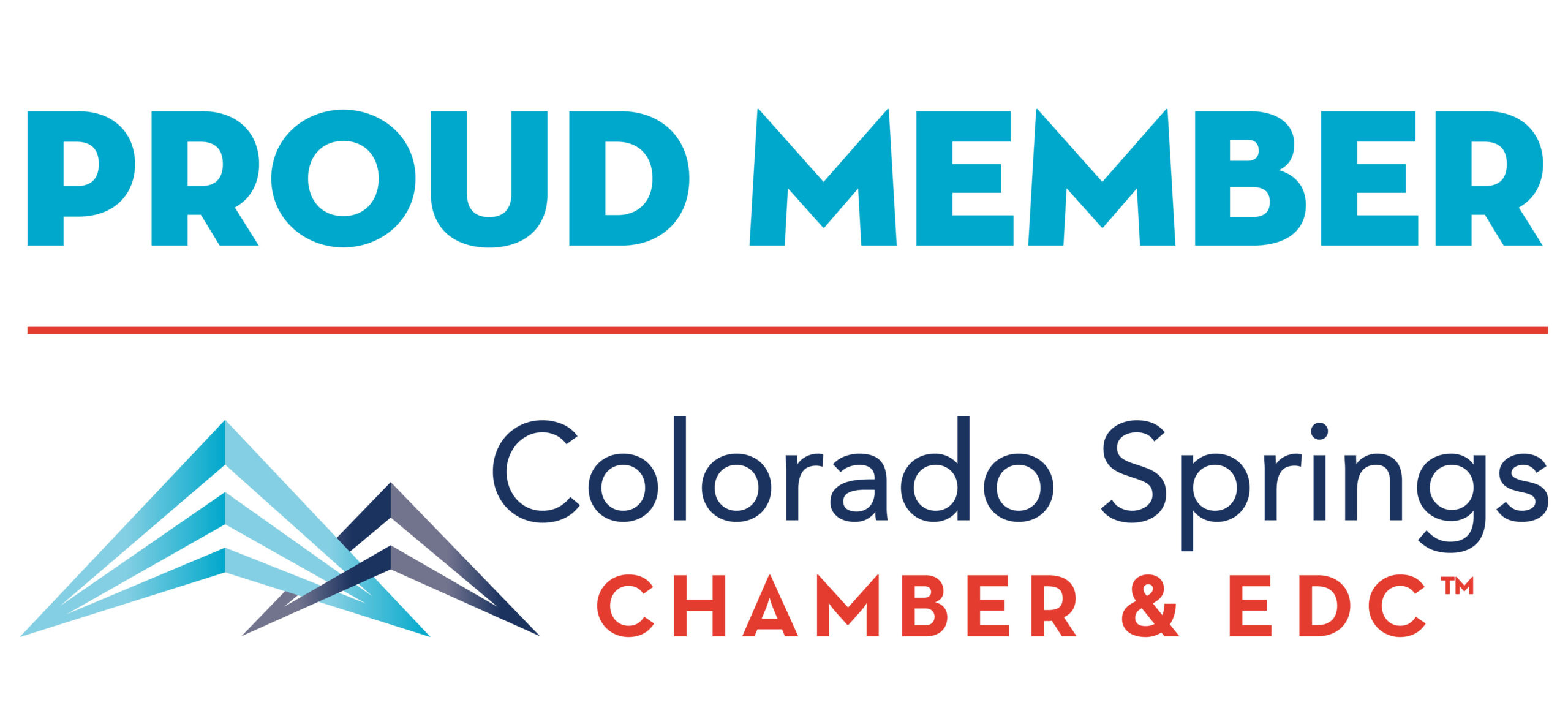

We are proud to share the next in our series of TRE’s cultural “roots”, guideposts that have been identified by TRE as critical to our work. Read more about this organizational effort at www.tre.org/blog-tre-roots/.
TRE Root #2 – EMBRACE CHANGE
The last two years have reinforced for me that change is often forced upon us whether we want it or not. Even though we cannot always stop change from occurring, we always have power within that change. Choice in how we interact with the change is our power. It is not just that change is inevitable, but we are in a time of change. Embrace Change is an important Root for our stability because it is what keeps us strong and sustainable into the future. That brings up for me a quote by Eric Hoffer – “In times of change, learners inherit the earth, while the learned find themselves beautifully equipped to deal with a world that no longer exists.”
Many years ago, when a significant change was forced upon me at work, we were guided through an activity to help us focus our energies on what we could truly have power over. We were asked to create a list of things related to the change that we had No Control and No Influence over. Then we were asked to create a list of the things we had No Control but Could Influence. Finally, we were asked to create a list of things we Could Control and Could Influence.
This was an incredibly powerful exercise in that it supported us each to focus our energies on the things we might be able to influence and consider how we might try to influence them for positive outcomes. When you can play a role in change, you don’t feel powerless. This exercise also made it clear that it is a waste of time to focus your energy and efforts on the things that you cannot control and cannot influence. They are already decided. Finally, as each of us considered what things we could control and could influence, we all realized that these all related to our individual selves. They were our choices in how we would respond.
Sharing your perspective to support success as change is implemented is also important. Varied perspectives can inform the path of change, create understanding of the burdens change can bring, inform the potential outcomes of change, and create community around the change. Learning through change is key to making it contribute to the outcomes we are seeking. Change is intended to create better outcomes, but it doesn’t always. Our ability to interact with the learning we experience through a failure can be very powerful to shape the change towards positive outcomes ultimately. Failure is as big a part of change creating positive impact as is success. Ask yourself, “How can I contribute to make this a productive change for the people we support?”
As you go about your work, consider the following:
- What changes are you anticipating in the near future? What would your 3 lists consist of – No Control and No Influence, No Control and Some Influence, Control and Influence?
- What change have you been resisting? How might you reframe your approach to influence the change and share your perspective to shape the path?
- How does your team approach change? What do you do well? What should you consider to improve how you interact with change?
- If change is a constant part of life, why do we tend to fight or resist it?






Leave a Reply